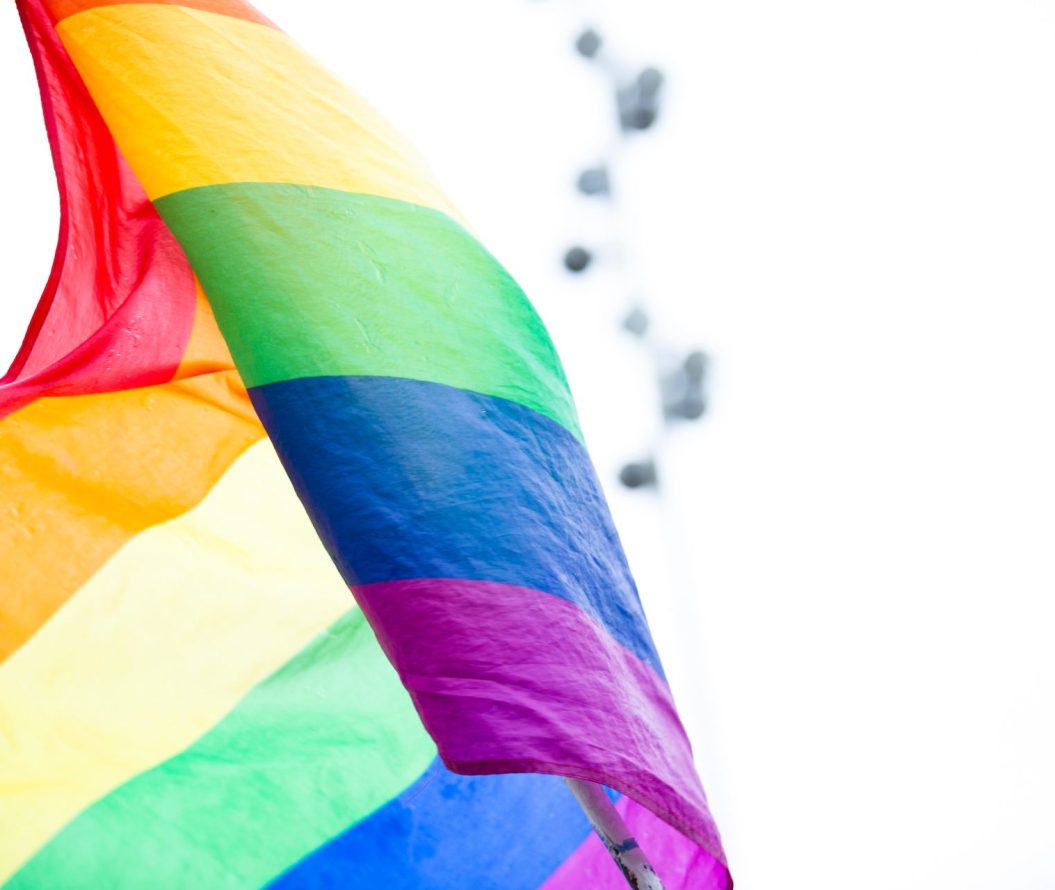Hi there! My name is Alex and I'm currently undertaking my Creative Writing PhD at the University of Lincoln. I'm a big fan of lots of streaming services, books, and am a published poet! I aspire to be a multi-genre,…

Must-Watch Climate Documentaries
We’ve all felt it in the weather this year. Temperatures have been higher than normal not just in the summer,…
November 4, 2022,
read.
We’ve all felt it in the weather this year. Temperatures have been higher than normal not just in the summer, but the warmth this autumn has made it barely feel like autumn at all. This is just one indication of how climate change is affecting our planet, and across the world the effects only get worse. You may have seen on the news how a lack of rainfall in Africa has led to elephants dying in huge numbers, purely because there’s not enough vegetation growing for them to feed on. However this is still just the tip of the iceberg, and ultimately our daily news does not have the capacity to truly inform us about every aspect of climate change. Thankfully, there are a wealth of climate documentaries out there filled to the brim with information, and I’m going to mention just a few of my personal favourites (all of which are available on Netflix).
Frozen Planet II
The opening words of this documentary, spoken by Sir David Attenborough, go as follows:
“Looking down on our planet, it may come as a surprise to find just how much of it is blanketed in snow and ice. These vast frozen wildernesses cover more than a fifth of the Earth, yet some areas are so remote and inhospitable that, even today, the closest we’ve come to exploring them is from space… but just as we’re beginning to understand its wildlife we’re recognising an alarming truth. Our frozen wildernesses are disappearing at faster rates than ever before. Never has it been more important to understand what is going on in these icy territories.”
This 2022 nature documentary series was co-produced by the BBC and The Open University, and was presented and narrated by Sir David Attenborough, to act as a sequel to the 2011 Frozen Planet series. Where the original series focused on life and the environment in both of the polar regions, this series investigates the state of our entire cryosphere, whilst also placing a greater emphasis on the threats the inhabitants of these regions face as a result of climate change.
Our Planet
This 2019 series, again narrated by Sir David Attenborough, showcases our planet’s most important habitats and all the life they support. We’re shown the effects of rising temperatures, sea levels, ocean acidification, and the resulting wildlife population decline. The series displays frozen landscapes, jungles, forests, coasts, reefs, deserts, grasslands, and deep down into the ocean to see the devastating impacts climate change is having on the animals and plants who live in these places. Something particularly poignant Attenborough states is that “all across our planet, crucial connections are being disrupted… the stability that we and all life relies upon is being lost. What we do in the next 20 years will determine the future for all life on Earth.”
Fire In Paradise
When it comes to extreme weather events like the wildfires in California, it’s difficult to really comprehend what they’re like unless you’re there – this is something which sadly, the residents of the small town of Paradise experienced. This 2018, 40-minute documentary details the experiences of residents who survived the Camp Fire in Butte County, California, which killed 85 people and resulted in $16.5 billion in damage. The details of this disaster are recounted through interviews with Cal Fire, volunteer firefighters, 911 fire dispatch operators, and the people who were trapped by the flames. The documentary takes us minute-by-minute through the disaster, showing how quickly the fires spread and engulfed houses and roads, and puts them into context with climate change, and how it exacerbates these tragic events.
Chasing Coral
This film follows a team of skilled divers, photographers, as well as marine and coral reef biologists who study the loss of the world’s reefs, particularly showing the huge rates of coral bleaching – this is when coral, stressed by temperatures changes, expels algae that lives in their tissue, which then causes them to turn white. This reveals how human-induced climate change is the biggest threat to coral reefs around the world, even more than pollution and unsustainable fishing, due to the combination of intense global warming, rising sea temperatures, and ocean acidification. The documentary shows how these ecosystems are connected to ours, and how devastated the team are when they dive up close, manually tracking the coral’s ecological collapse every single day. The time lapse of the coral’s decline at the end of the documentary is particularly harrowing.
As good as our news outlets are in the UK and around the world, they simply don’t match up to the unfiltered awareness that documentaries like these provide us. These in-depth accounts address almost all the aspects of our planet’s climate crisis, and provide the necessary information that we all need in order to truly understand what is going on. Then, by having that understanding, we will all be in the best positions possible to take action, with these projects also showcasing the ways in which we can help. So give these documentaries a watch, and together we can help stop the crises of climate across the Earth.
- Topics
- Climate change
- Environment
- Films



